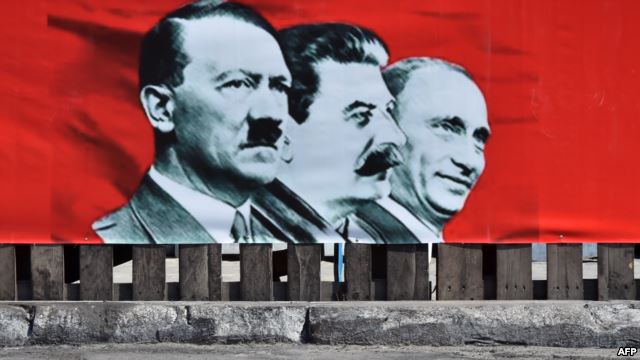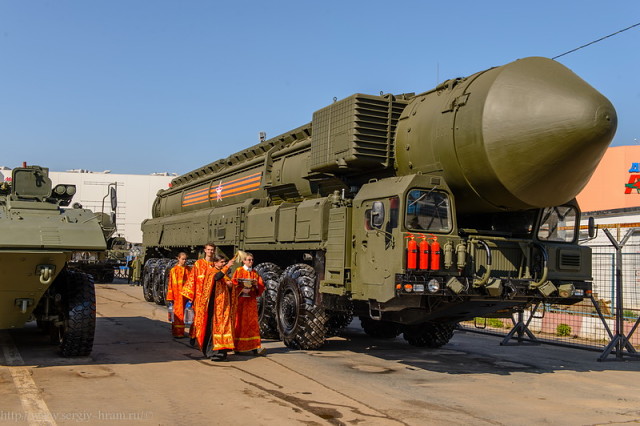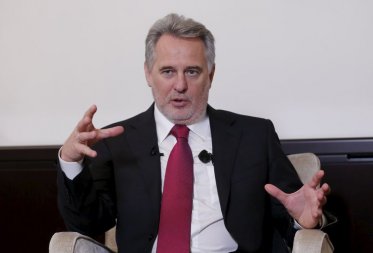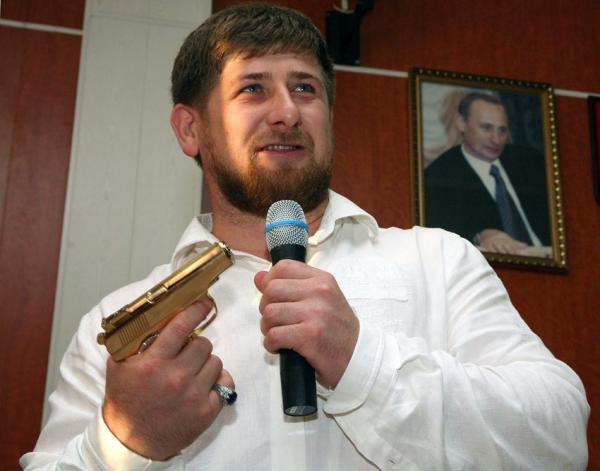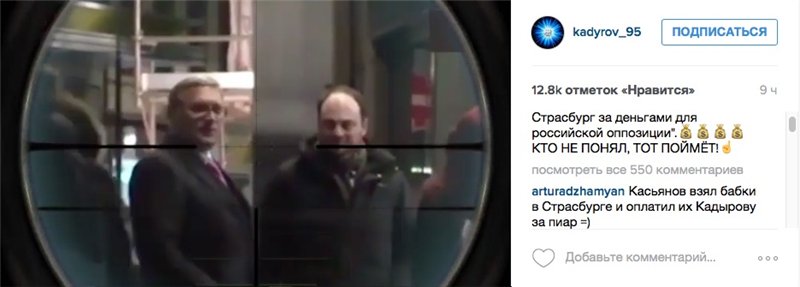Friday May 13th has “every chance to go down in contemporary Russian history as one of the darkest pages … on the path to the final imposition of fascism on Russia,” a day that echoes Hitler’s Kristallnacht in November 1938 that set his regime on the path to genocide and war, according to Olga Kurnosova.

Her suggestion may seem overblown to some – after all, many Russia opposition figures and commentators have drawn this parallel with other events in Putin’s Russia including in particular the murder of Boris Nemtsov – but both her argument and the fact that others are supporting it means that it should be taken seriously.
Kurnosova, head of St. Petersburg’s Civic Front who is now a political refugee living in Ukraine, says that her conclusion arises from several actions that happened yesterday.
“The most important of these” was the Duma’s approval of tougher anti-extremism measures including giving the authorities the power to block someone from leaving the country.
Under the new law, the powers that be can block anyone who has been warned from leaving the country without getting a court order. This will only intensify what has already become a reality in Russia: the use of anti-extremist legislation against the political opposition rather than “against real extremists.”
This move suggests, Kurnosova argues, that “the Kremlin must be interested in having as many opposition leaders leave” because those in power “understand that the situation in the country is getting worse with each day” that it will find it easier to control the situation if it drives those with experience in organizing meetings out of the country.
Such a move, of course, is nothing new for dictatorships: “the Kremlin is [simply] following in the footsteps of the Third Reich.”
The crushing of the RBK news agency because of its courageous reporting on topics that the Kremlin doesn’t want aired, she says, is “another side of [this] ‘iron curtain’ because a closed country must have exclusively propagandistic mouthpieces and no [genuine] media” lest the lies of the authorities be exposed.
And finally Kurnosova argues, the announcement that talks about exchanging Ukrainian political prisoner Nadiya Savchenko for two Russian military figures suggests that the Kremlin doesn’t appear to want to be making any concessions and thus will move even more harshly against its own people and neighboring countries.
“All this,” the democratic activist says, “only confirms that terrible things are taking place and that on one seventh of the earth’s surface with each day a fascist regime with nuclear weapons is strengthening itself. If we sit and do nothing, then no one will know into which country the parliament will send ‘the regiment of the immortals’ and then conduct a referendum to join it to the Russian world!”
In fact, Friday the 13th may have been even worse than Kurnosova suggests. One blogger lists three other events that make her analogy even more powerful:
- Moscow’s plans for taking total control of the Russian Internet by 2020,
- Its gaining the right to block sites without a court order,
- And the burning of a house belonging to a Chechen who complained to Putin on his latest televised national direct line.

Among the most powerful of the commentaries about these developments is one offered by Igor Yakovenko on the Kasparov.ru portal.
Noting that all this “began immediately after the holidays,” he calls these measures “an anti-constitutional coup,” one that reflects the fears of those in power about the population. And he concludes:
Related:
- The price for a clear conscience in Russia
- Kremlin courts prosecute political refugees in absentia
- Seven reasons why Putin's war in Ukraine is a turning point in Russian and world history
- Bodies of soldiers who died in Donbas found in Russian tanks evacuated to Russia
- New climate of fear makes Russian polls ever less reliable, Moscow sociologist says
- Russian war strategy and tactics give Moscow 'the edge' over NATO, Moscow analyst says
- Top-6 Soviet World War II myths used by Russia today
- Moscow's Victory cult intended to keep non-Russians within an empire and former Soviet republics together, Ukrainian commentator says
- Heroes past and present: Remembering Bolotnaya and Russia's Victory Day

